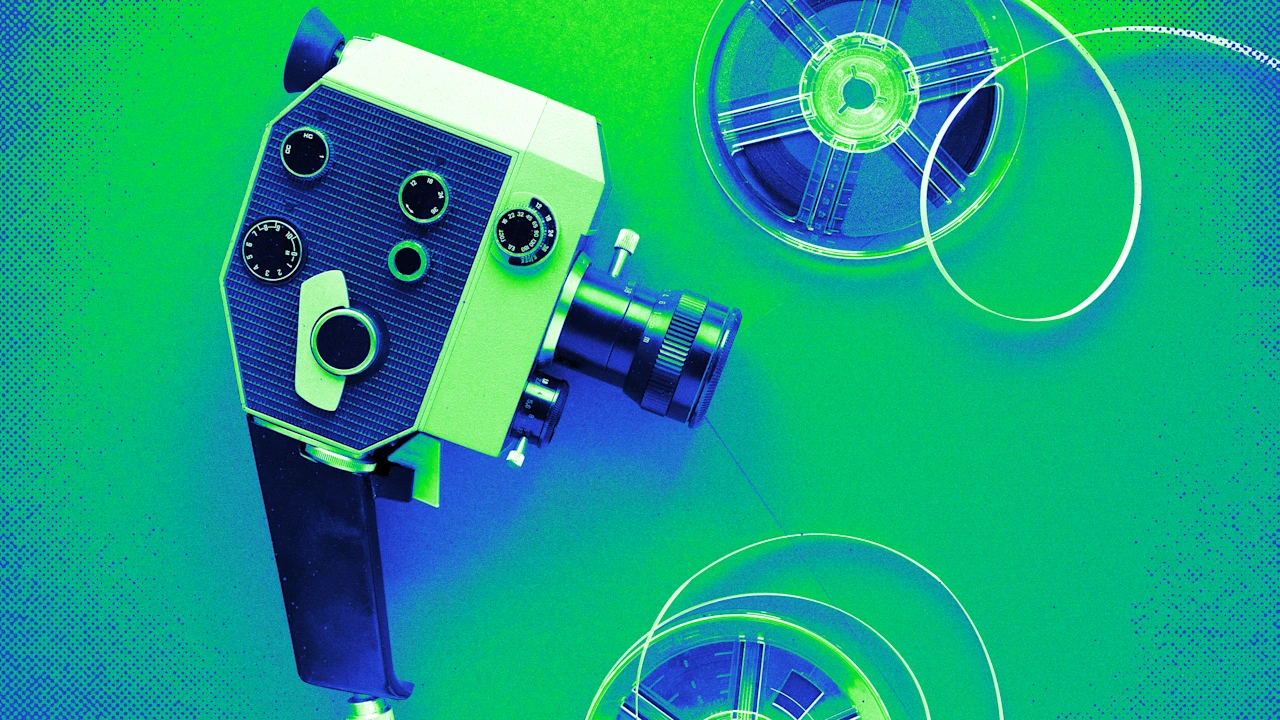Transforming Filmmaking: Google’s Collaboration with Hollywood in the Age of AI
Author: Mark Sullivan

In recent years, artificial intelligence (AI) has become a transformative force across various industries, and the film industry is no exception. As filmmakers seek innovative ways to create compelling narratives, reduce production costs, and push the boundaries of creativity, Google has emerged as a key player in the marriage of AI and cinema. By developing advanced AI tools and fostering collaborations with Hollywood creative professionals, Google is reshaping the landscape of filmmaking and opening up new possibilities for storytelling.
At the forefront of this initiative is Mira Lane, Google's vice president of tech and society. Lane leads a multidisciplinary team known as the Envisioning Studio, dedicated to co-creating innovative solutions that address the complex needs of the film industry. This approach emphasizes collaboration with filmmakers, allowing them to experiment with cutting-edge technologies while providing feedback that can inform the development of new tools.
One of the key projects that exemplifies Google’s venture into this space is the generative video editing suite called Flow. This tool allows filmmakers to visualize and edit scenes more fluidly, thus streamlining the preproduction process. The flexibility of AI technology not only expedites work but also empowers filmmakers to take creative risks that may have been deemed financially unfeasible in the past. Lane reports that AI can play a role in virtually every stage of filmmaking, from script development to real-time edits during shooting.
However, the rise of AI in filmmaking is not without its challenges. While it provides the potential to enhance creativity and reduce costs, it also raises critical questions regarding job security, intellectual property rights, and the essence of artistic integrity. As AI technology evolves, filmmakers face a dual-edged sword: the need to adapt to new tools while preserving the artistry that defines their work. This tension has prompted discussions within the industry about how AI can complement rather than replace human creativity.
One notable collaboration highlighted by Lane involved the production of a short film titled "Ancestra," directed by Darren Aronofsky. This project was an experiment in blending live-action footage with AI-generated scenes. The poignant narrative explores a mother's journey as she gives birth to a child with a congenital heart defect, drawing on the director's personal experiences. By utilizing AI to create lifelike representations of the infant where live-action filming was impractical, the project showcased the potential of AI to solve complex storytelling challenges.

Google's Mira Lane discusses the future of AI in filmmaking and its collaborative efforts with Hollywood.
The successful execution of "Ancestra" not only resulted in a compelling film but also sparked vital conversations about the evolving roles within production teams. With AI technologies advancing, new positions such as a dedicated AI unit may become commonplace in film crews, performing tasks traditionally handled by visual effects teams. This shift reflects a broader trend toward embracing technological innovation while addressing the associated workforce impacts.
Despite the promise of AI in facilitating unique stories, Lane cautions against the idea that AI could completely automate the filmmaking process. The intricacies of character development, emotional storytelling, and nuanced cinematography remain firmly in the realm of human creativity. Current AI applications can aid in generating segments of a script or visualizing scenes, but the complex artistry integral to filmmaking demands human insight and experience.
As AI technologies continue to evolve, the film industry is navigating a period of experimentation and adaptation. Many filmmakers initially approach these new tools with the intent to recreate traditional storytelling methods. However, there is potential for innovation that transcends existing forms. Lane emphasizes the importance of collaboration; filmmakers should work alongside tech developers to create tools tailored to their artistic needs, ensuring that technology serves as an extension of creativity rather than a hindrance.
The increasing collaboration between technology companies like Google and the film industry illustrates the rapid acceleration of AI's influence on creative sectors. Traditional storytelling paradigms are being challenged as artists find new means of storytelling, potentially leading to diverse, updated narrative structures. The advancements in AI capabilities, such as generating realistic visuals or enhancing dialogue, are becoming essential components of the creative process.
In conclusion, the partnership between Google and Hollywood signifies a new era of filmmaking characterized by the integration of AI. While there are challenges to address, the transformative potential of these technologies can democratize storytelling, allowing diverse voices to emerge and share their tales. As filmmakers embrace AI tools, the future of cinema becomes an exciting realm where human creativity and technological innovation coexist.